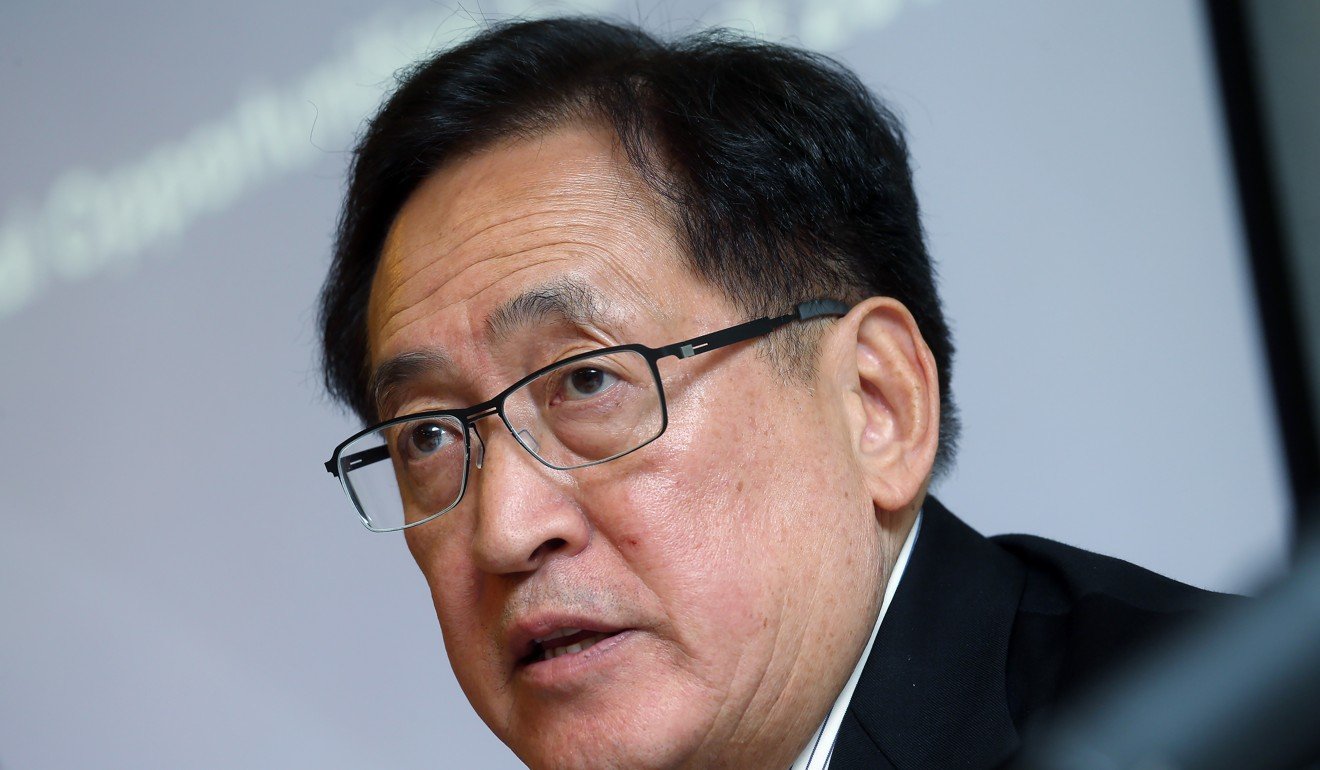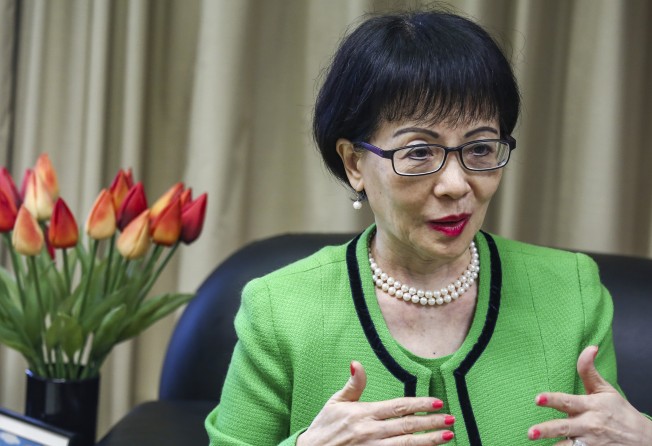
Education needs still not met for all pupils
- A government watchdog has once again mauled the Education Bureau over the learning opportunities for ethnic-minority children
- Hong Kong cannot afford such a waste of human potential through inequality of educational opportunities

A government watchdog has once again mauled the Education Bureau over the learning opportunities for ethnic-minority children. It is becoming a regular occurrence.
Picking up on it from 2013, the Equal Opportunities Commissioner, York Chow Yat-ngok, then recently retired as health minister, criticised the government for failing to meet ethnic-minority education needs. It is an issue on which his predecessor Lam Woon-kwong had also taken a strong stand.
The sustained advocacy appeared to bear fruit the following year. The government announced new teacher support courses for tutoring Chinese as a second language to help ethnic students integrate into mainstream Chinese-language classes.
Members of non-white minorities, especially South Asians, have largely attended subsidised schools for ethnic minorities, where they have not had the help in learning Chinese they need to pass local examinations and join mainstream schools. This limits future higher education and job opportunities.

Now another watchdog has attacked the bureau – this time the Ombudsman, whose office initiated its own investigation into the support courses aimed at helping non-Chinese pupils integrate. It found that just 24 teachers out of nearly 70 approved for a grant had completed training in subsidised university courses to improve their skills as teachers of Chinese as a second language, despite demand from about 80 schools.
Having made efforts to meet ethnic-minority education needs, the bureau should to do more to push schools and teachers to make better use of services on offer, as well as reviewing support measures to help non-Chinese students integrate.
It is, after all, not a fringe issue, with 9,200 primary and 9,000 secondary school pupils from non-Chinese speaking families enrolled in the 2016-17 academic year.
The Ombudsman’s report also said that while the Education Bureau had told kindergartens they should provide application forms and other information in both Chinese and English, many did not.
Education is key to economic and social integration. Truly multicultural societies reap dividends of diversity that enhance competitiveness. Hong Kong cannot afford such a waste of human potential through inequality of educational opportunities.